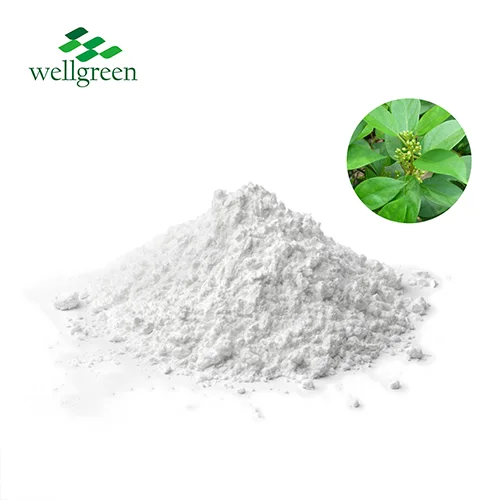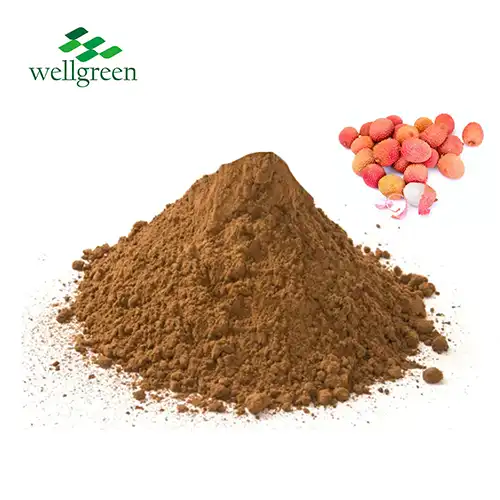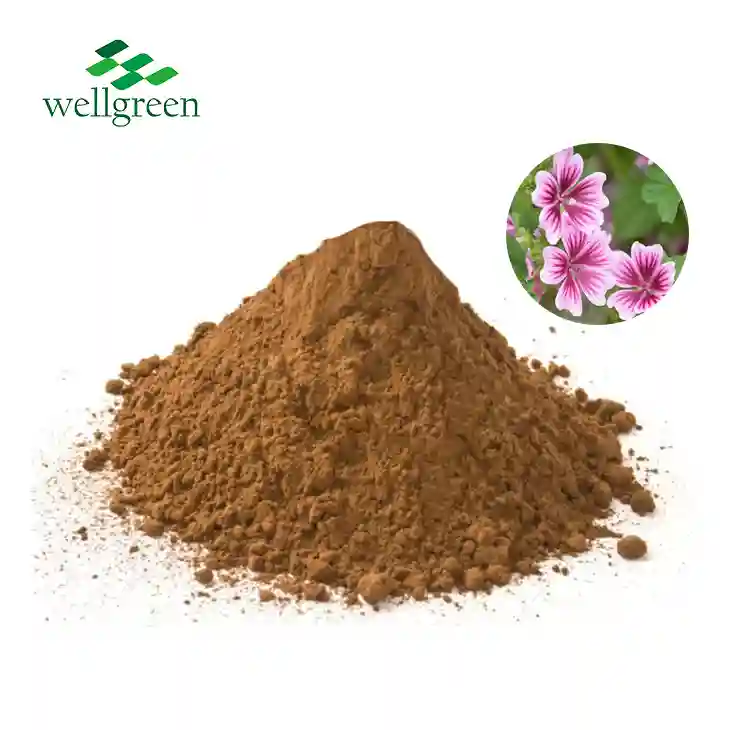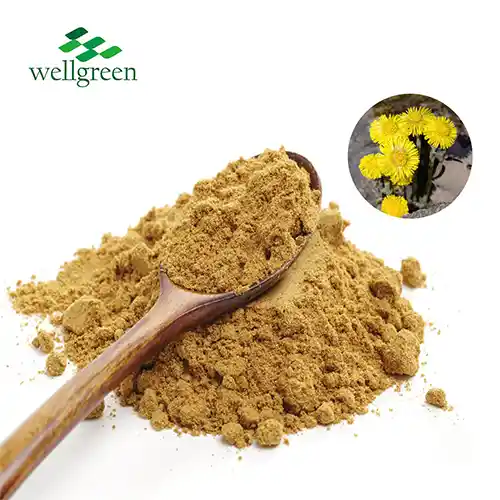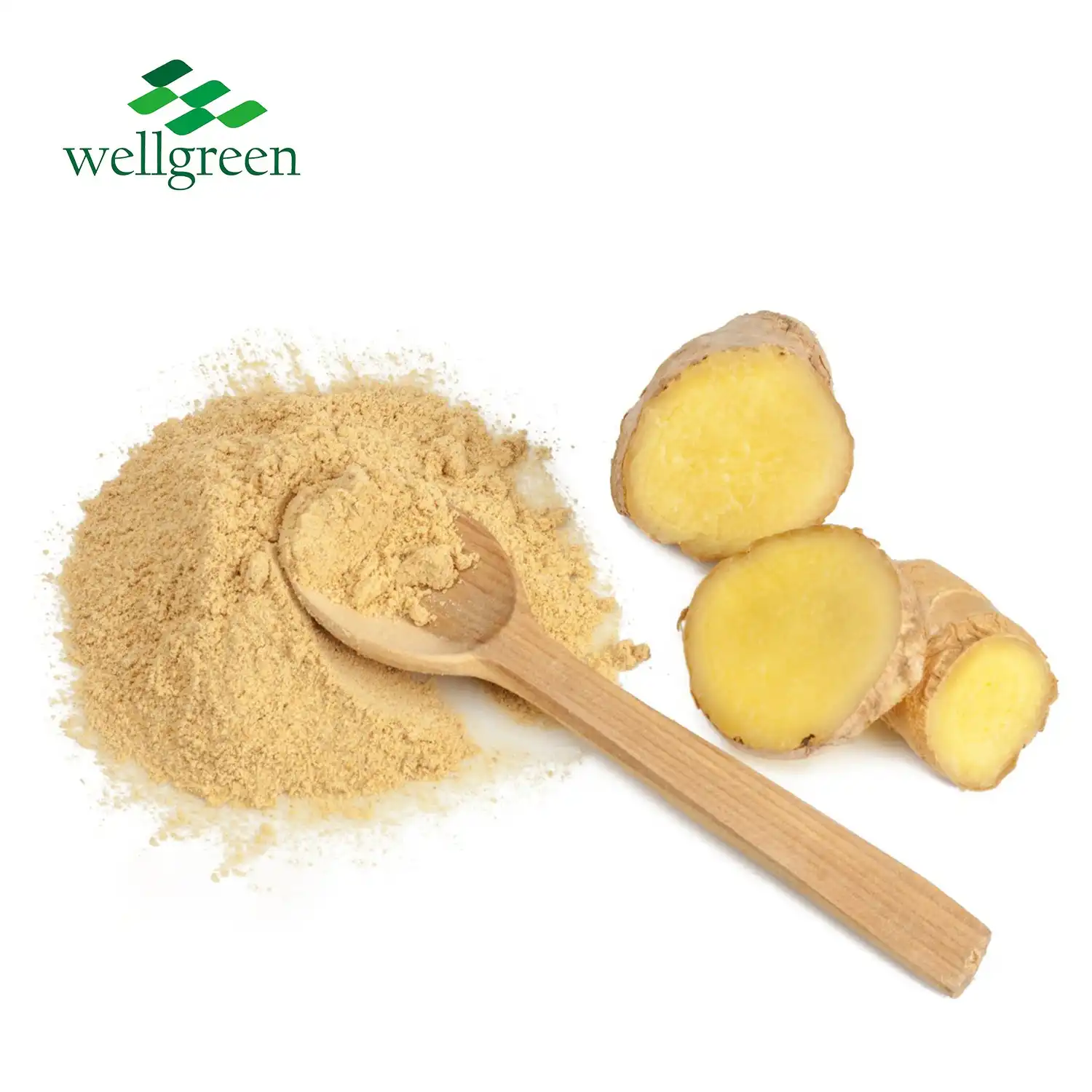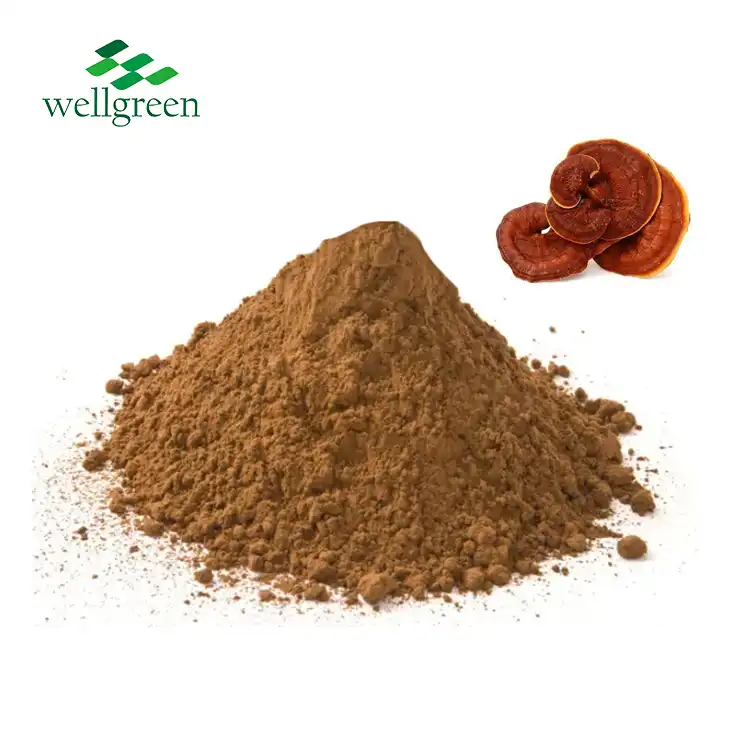Is Yucca Extract Safe for Long-Term Use?
2025-08-12 14:25:16
Yucca extract powder, derived from the yucca plant, has gained popularity for its potential health benefits. However, the safety of long-term use remains a topic of discussion among researchers and health enthusiasts. While yucca extract powder is generally considered safe for short-term consumption, limited studies exist on its prolonged use. Current evidence suggests that yucca extract powder may be safe for extended periods when taken in recommended doses, but individual reactions can vary. Potential benefits include anti-inflammatory properties and support for digestive health. However, as with any supplement, it's crucial to consult with a healthcare professional before incorporating yucca extract powder into your long-term wellness routine, especially if you have pre-existing health conditions or are taking medications.

What Do Studies Say About Chronic Use of Yucca Extract?
Long-Term Safety Assessments
Research on the chronic use of yucca extract is still in its early stages. While some studies have shown promising results for short-term use, long-term safety assessments are limited. A few animal studies have demonstrated that yucca extract powder can be well-tolerated over extended periods, but human trials of similar duration are scarce. This gap in research highlights the need for more comprehensive, long-term studies to fully understand the safety profile of yucca plant extract when used chronically.
Potential Benefits of Sustained Use
Despite the lack of long-term studies, ongoing research suggests that sustained use of yucca extract powder may offer several health benefits. These potential advantages include improved joint health, reduced inflammation, and enhanced digestive function. Some studies have indicated that the saponins found in yucca extract may contribute to these positive effects. However, it's important to note that while these findings are encouraging, more research is needed to confirm the long-term efficacy and safety of yucca extract.
Gaps in Current Research
The existing body of research on yucca extract has several limitations. Many studies have been conducted on animals or in vitro, and their results may not directly translate to human experiences. Additionally, the majority of human studies have been relatively short-term, typically lasting a few weeks to a few months. This leaves a significant gap in our understanding of how yucca extract affects the body over years of continuous use. Researchers are calling for more extensive, long-term human trials to address these knowledge gaps and provide a clearer picture of yucca extract's safety profile.
Potential Side Effects and Recommended Dosage Guidelines
Common Side Effects
While yucca extract is generally well-tolerated, some individuals may experience side effects, particularly when first starting supplementation or at higher doses. Common side effects of yucca extract powder include mild gastrointestinal disturbances such as nausea, stomach upset, or diarrhea. Some people may also experience a bitter taste in their mouth after consuming yucca extract. These side effects are typically mild and often subside as the body adjusts to the supplement. However, if side effects persist or worsen, it's advisable to discontinue use and consult a healthcare professional.
Recommended Dosage
Determining the optimal dosage of yucca plant extract can be challenging due to the lack of standardized guidelines. The appropriate dose can vary depending on factors such as the individual's age, health status, and the specific health concern being addressed. Generally, dosages used in studies range from 100 to 500 mg of yucca plant extract per day. It's crucial to start with a lower dose and gradually increase it while monitoring for any adverse effects. Always follow the manufacturer's recommendations or consult with a healthcare provider to determine the most suitable dosage for your individual needs.
Precautions and Contraindications
While yucca extract is considered safe for most people, certain groups should exercise caution or avoid its use altogether. Pregnant or breastfeeding women should consult their healthcare provider before using yucca extract, as its safety in these populations has not been established. Individuals with known allergies to yucca or related plants should avoid yucca extract. Those with pre-existing medical conditions, especially liver or kidney disorders, should seek medical advice before starting supplementation. Additionally, yucca extract may interact with certain medications, particularly those that affect blood clotting or are metabolized by the liver. Always inform your healthcare provider about all supplements you're taking to avoid potential interactions.

Toxicity, Tolerance, and Safety Profile of Yucca Saponins
Understanding Yucca Saponins
Yucca saponins are the primary active compounds found in yucca extract. These natural substances are responsible for many of the plant's potential health benefits. Saponins are known for their ability to form soap-like foams when mixed with water, which contributes to their name (derived from the Latin word for soap). In yucca plant extract, saponins are believed to possess anti-inflammatory, antioxidant, and antimicrobial properties. Understanding the nature and behavior of these compounds is crucial for assessing the overall safety profile of yucca extract.
Toxicity Studies
Toxicity studies on yucca saponins have yielded mixed results. While saponins are generally considered safe when consumed orally in moderate amounts, high doses may cause irritation to the digestive tract. Animal studies have shown that extremely high doses of yucca saponins can lead to hemolysis (destruction of red blood cells) when injected directly into the bloodstream. However, it's important to note that these effects are not typically observed with normal oral consumption of yucca extract. Long-term toxicity studies in humans are limited, underscoring the need for further research to fully understand the potential risks associated with chronic use.
Tolerance and Adaptability
The human body's tolerance to yucca extract and its saponins can vary among individuals. Some people may experience initial digestive discomfort when starting yucca supplementation, but this often improves as the body adapts. Long-term tolerance appears to be good for most individuals, with few reports of decreased effectiveness or increased side effects over time. However, as with any supplement, it's advisable to periodically reassess its use and effectiveness. Some health professionals recommend cycling yucca extract use, taking breaks every few months to prevent potential tolerance build-up and allow the body to reset.
Conclusion
While yucca extract powder shows promise for various health applications, its long-term safety profile requires further investigation. Current evidence suggests that yucca extract powder is generally safe for short-term use, with potential benefits outweighing risks for most individuals. However, the lack of extensive long-term studies calls for caution in prolonged use. As research continues to evolve, it's crucial to approach yucca extract powder supplementation with informed decision-making. Consulting healthcare professionals, starting with lower doses, and monitoring for any adverse effects are prudent steps for those considering long-term use of yucca extract powder.
Contact Us
Interested in learning more about yucca extract powder and its potential benefits? Contact Xi'an Wellgreen, your trusted source for high-quality plant extracts, at wgt@allwellcn.com for more information and expert guidance on incorporating yucca extract into your health regimen.
References
1. Cheeke, P. R., Piacente, S., & Oleszek, W. (2006). Anti-inflammatory and anti-arthritic effects of Yucca schidigera: A review. Journal of Inflammation, 3(1), 6.
2. Miyakoshi, M., Tamura, Y., Masuda, H., Mizutani, K., Tanaka, O., Ikeda, T., ... & Takeuchi, T. (2000). Antiyeast steroidal saponins from Yucca schidigera (Mohave yucca), a new anti-food-deteriorating agent. Journal of Natural Products, 63(3), 332-338.
3. Piacente, S., Pizza, C., & Oleszek, W. (2005). Saponins and phenolics of Yucca schidigera Roezl: Chemistry and bioactivity. Phytochemistry Reviews, 4(2), 177-190.
4. Olas, B., Wachowicz, B., Stochmal, A., & Oleszek, W. (2002). Anti-platelet effects of different phenolic compounds from Yucca schidigera Roezl. bark. Platelets, 13(3), 167-173.
5. Marzocco, S., Piacente, S., Pizza, C., Oleszek, W., Stochmal, A., Pinto, A., ... & Autore, G. (2004). Inhibition of inducible nitric oxide synthase expression by yucca schidigera roezl. extract. Life Sciences, 75(12), 1491-1501.
6. Killeen, G. F., Madigan, C. A., Connolly, C. R., Walsh, G. A., Clark, C., Hynes, M. J., ... & Power, R. F. (1998). Antimicrobial saponins of Yucca schidigera and the implications of their in vitro properties for their in vivo impact. Journal of Agricultural and Food Chemistry, 46(8), 3178-3186.

